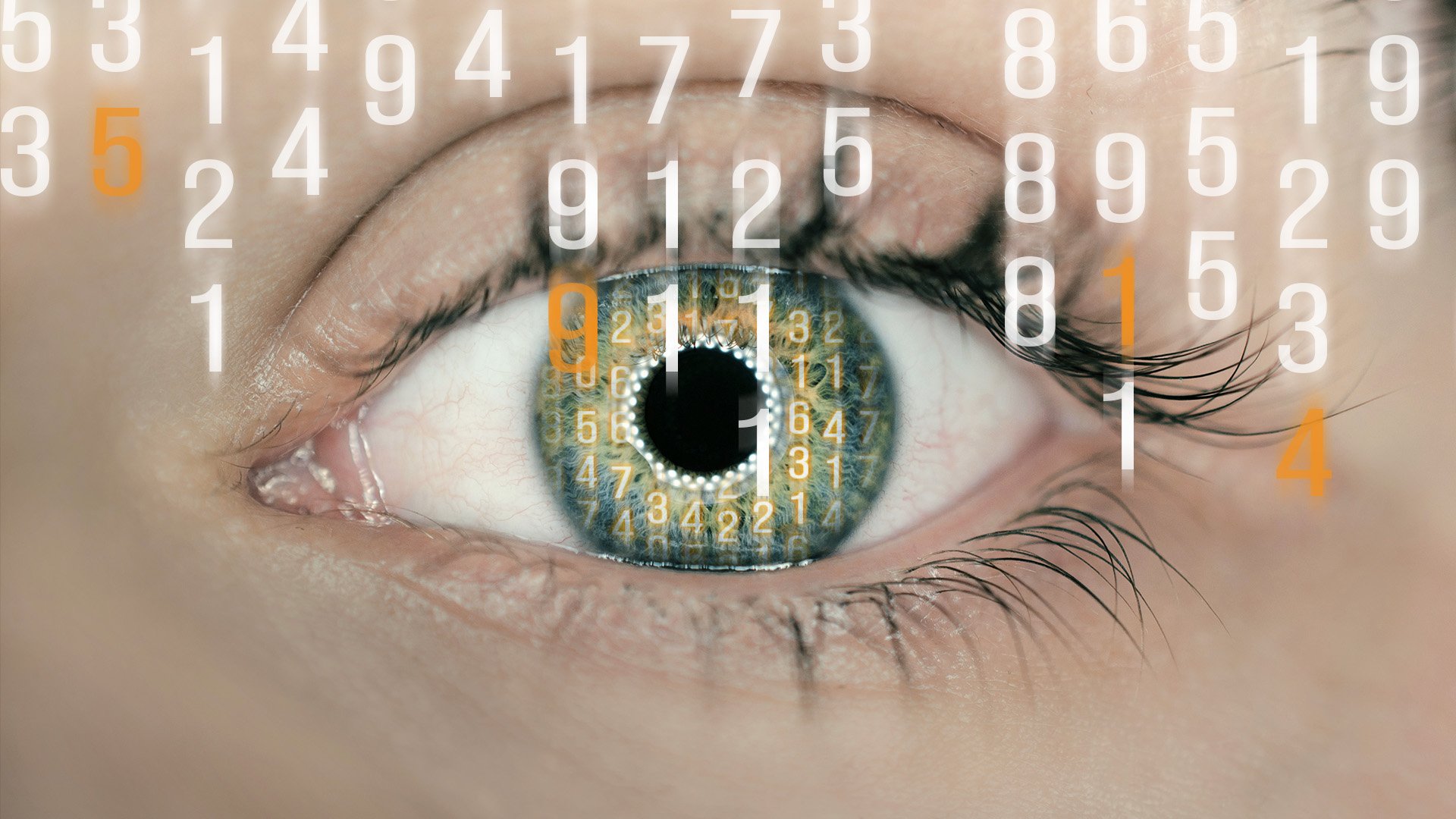Dreams have perennially captivated the human psyche, serving as portals into our subconscious. Many have encountered the phenomenon of seeing recurring numbers in dreams or even throughout their waking lives. This intriguing occurrence isn’t merely a whimsical quirk; it often provokes profound reflections and interpretations across various cultures and belief systems. From biblical references to psychological interpretations, the experience of seeing numbers encompasses a multitude of dimensions that merit exploration.
One need only look at popular culture to find inspiration regarding this enigmatic subject. Consider the character John Locke from the television series “Lost.” Locke’s obsession with the numbers 4, 8, 15, 16, 23, and 42 leads him and other characters on a labyrinthine journey filled with existential dilemmas, fate, and mystery. This narrative tantalizes viewers with the possibility that numbers might hold destinies of their own. Such portrayals fuel our intrigue and push us toward understanding the deeper meanings behind the numbers we encounter in dreams or daily life.
Symbolism of Numbers
Numbers have long served as symbols across various disciplines, embodying not just quantity but also meaning. For instance, the number one represents unity and beginnings, while the number seven is often viewed as a symbol of spiritual awakening. Delving into dream symbolism, numbers can reflect our inner thoughts, fears, and aspirations. When you see numbers like 11:11, it’s frequently interpreted as a nudge towards self-awareness or a call to pay attention to your intuition. The psychic resonance of numbers can lead to transformative realizations.
Spiritual Meanings Across Cultures
Different cultural viewpoints offer diverse interpretations of seeing numbers. In Christianity, numbers frequently embody significant spiritual connotations. The number three symbolizes the Holy Trinity—Father, Son, and Holy Spirit—whereas the number 12 often represents divine authority and completeness. For instance, the twelve tribes of Israel and the twelve apostles are emblematic of governance and foundational religious principles.
In Islamic traditions, numbers partake in a rich tapestry of spiritual significance. The number seven, for instance, is paramount in many aspects of religious practices, including the seven circuits Muslims perform around the Kaaba during Hajj. It conveys a sense of perfection and completeness, tapping into the notion of divine order. Similarly, the number 99 holds significance in Islam, representing the 99 names of Allah, each reflecting different attributes of the divine.
Other traditions, such as numerology, delve into the metaphysical aspects of numbers. According to numerology, each number possesses unique vibrational frequencies that may influence personality traits and life paths. For instance, individuals frequently encountering the number eight could be seen as destined for power and material success, as eight embodies balance and control. Thus, the continuous appearance of certain numbers might signal an invitation to introspect and realign with one’s true self.
Psychological Interpretations
The psychological meaning of seeing numbers can be equally compelling. Carl Jung’s concept of synchronicity posits that the universe frequently aligns events, including the appearance of numbers, to draw our attention to psychological or emotional states. Observing the same numerical sequence might suggest underlying issues or patterns in our lives that require acknowledgment. These numbers could act as psychological signposts, guiding one towards healing or growth. Understanding this lens allows individuals to decode the messages hidden within their dreams with greater clarity.
Psychologists often explore the phenomenon of pareidolia, where the mind perceives patterns or familiar shapes from random stimuli. When it comes to seeing numbers, pareidolia may elucidate why we often connect with specific sequences—our brains are inherently wired to find meaning and coherence in chaos. This psychological predisposition is especially evident when individuals harbor personal associations with certain numbers, forging a unique connection that transcends mere coincidence.
Interpreting Your Own Experiences
When one finds oneself experiencing repeated numerical symbols in dreams or everyday encounters, it invites a personal exploration of what these numbers signify. To decipher their meaning, start by reflecting on the numbers themselves. Are they linked to important dates, or do they resonate with personal beliefs? Journaling these instances can provide clarity over time, contributing to a more profound understanding of your spiritual and psychological state.
Furthermore, integrating meditation or mindfulness can enhance your connection with these recurring numbers. In a calm state, contemplate their meanings and consider how they align with your life’s journey. Such practices may illuminate pathways previously obscured, preparing you for the next chapter in your life. Just as in “Lost,” where numbers become intertwined with destiny, the numbers you see could indeed be woven into the narrative of your own life, urging you to heed their lessons.
Conclusion
Ultimately, the act of seeing numbers and their meanings should not be dismissed as mere coincidence. Whether viewed through a spiritual, cultural, or psychological lens, numbers carry layered significance, acting as reflections of our internal landscapes. As we journey through life, embracing these experiences could lead to profound epiphanies. Instead of merely acknowledging numbers as fleeting, let them serve as catalysts for deeper introspection and growth—inviting you closer to understanding your truest self within the tapestry of existence.
